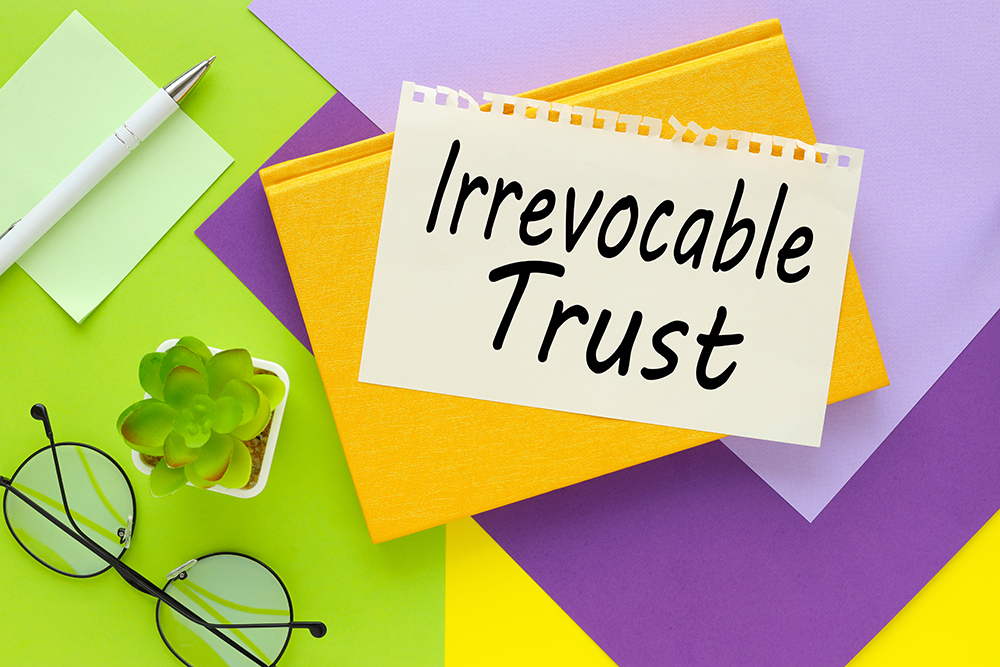SUBSCRIBE
Enter your Name and Email address to get
the newsletter delivered to your inbox.
Please include name of person that directed you to my online newsletter so I can thank them personally.

When property, like the family home or other appreciated assets, passes at your death, do you want to saddle your beneficiaries with capital gains tax? You may do just that if you pass your home through an irrevocable trust.
Recently, though, the IRS has questioned this treatment for property passed to beneficiaries through an irrevocable trust. The IRS’s grounds are that once property is placed in an irrevocable trust, the person who placed it there no longer owns it. Nor does ownership shift to the trust beneficiaries. And in most cases, the property isn’t included in a person’s estate for estate tax purposes.
Estate and capital-gains taxation and planning with trusts are complex processes, so work with your legal, tax and financial professionals to ensure the documents are drafted properly.
*IRS Revenue Ruling 2023-2
Enter your Name and Email address to get
the newsletter delivered to your inbox.
Please include name of person that directed you to my online newsletter so I can thank them personally.
Enter your Name, Email Address and a short message. We'll respond to you as soon as possible.
The information and opinions contained in this web site are obtained from sources believed to be reliable, but their accuracy cannot be guaranteed. The publishers assume no responsibility for errors and omissions or for any damages resulting from the use of the published information. This web site is published with the understanding that it does not render legal, accounting, financial, or other professional advice. Whole or partial reproduction of this web site is forbidden without the written permission of the publisher.